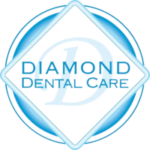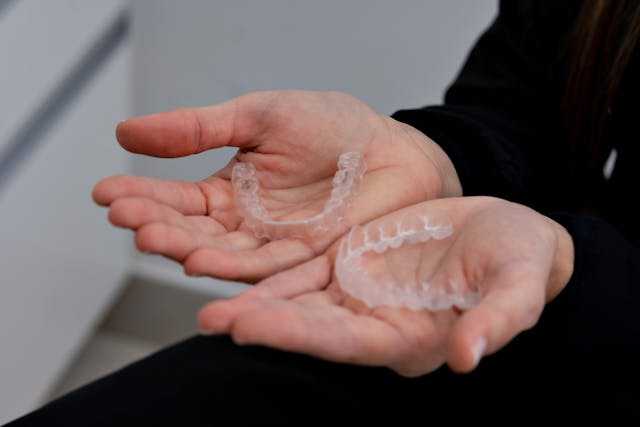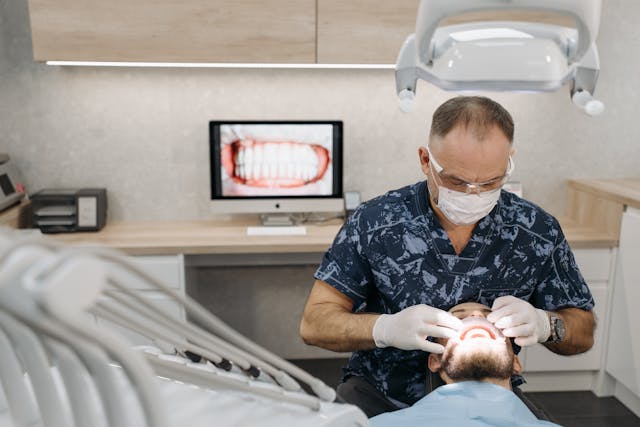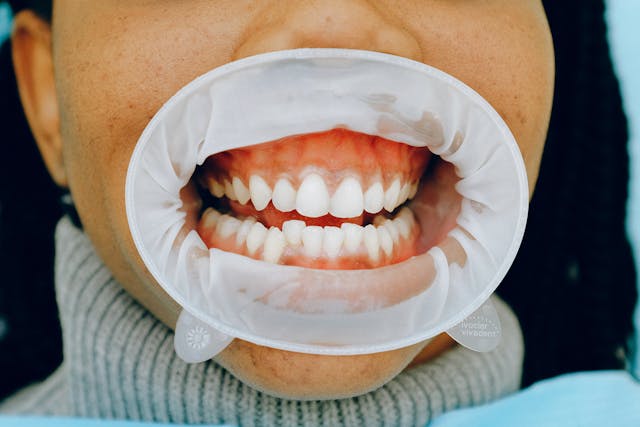Introduction
Dental emergency can strike without warning, causing pain and panic. Knowing how to handle these situations is crucial for minimizing damage and ensuring a quick recovery. This guide will walk you through common dental emergencies and provide you with actionable steps to take when they occur.
At Diamond Dental Care, we can examine you in our cosmetic dentistry office and discuss what you don’t like about your smile. If you have gaps between your teeth or they are crooked, stained, or misshapen, we can fix them in our dental office. There are several ways we can address most aesthetic issues, so we will conduct an examination, take x-rays, discuss the timeframe we are working with, and then present you and your parents with a variety of options to choose from.
Since some have set time constraints, it is best to schedule your appointment with our office as soon as possible. You can do so by calling (909) 860-7579. You can also follow us on Facebook or provide your valuable feedback at Yelp. Thanks.
What is a Dental Emergency?
A dental emergency involves any dental emergency issue that requires immediate attention to save a tooth, stop ongoing tissue bleeding, or alleviate severe pain. Examples include knocked-out teeth, severe toothaches, broken crowns, and more. Understanding what constitutes a dental emergency can help you react appropriately.
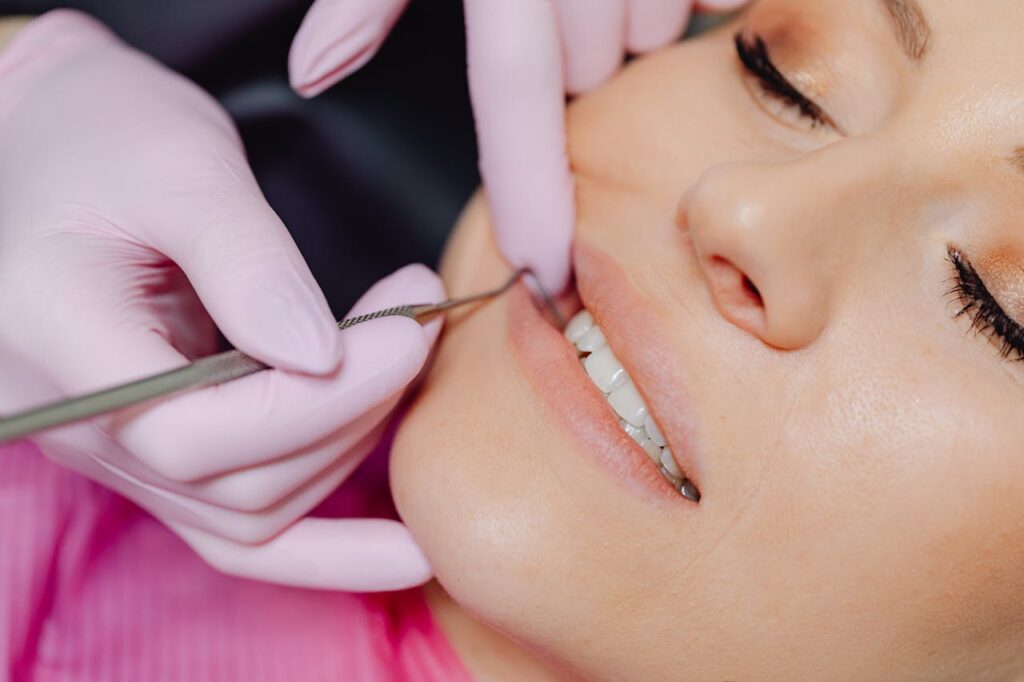
Common Dental Emergencies
Knocked-Out Teeth
A knocked-out tooth is one of the most urgent dental emergencies. Immediate action can mean the difference between saving and losing the tooth.
Severe Toothaches
Toothaches can range from mild discomfort to debilitating pain. Severe toothaches often indicate a serious problem that requires professional attention.
Broken Crowns
A broken crown can expose the underlying tooth to damage and decay. It’s essential to handle this situation promptly to avoid further complications.
Chipped or Fractured Teeth
Chipped or fractured teeth can cause sharp edges that might injure your tongue or cheeks. Depending on the severity, immediate or scheduled dental care may be required.
Lost Fillings
Losing a filling can leave a cavity exposed, leading to sensitivity and pain. Temporary measures can protect the tooth until you see your dentist.
Abscesses
An abscess is a pocket of pus caused by an infection. It can cause severe pain and swelling and should be treated as an emergency to prevent the infection from spreading.
Soft Tissue Injuries
Injuries to the lips, gums, or tongue can result in significant bleeding and pain. Proper care is needed to manage these injuries effectively.
Steps to Take During a Dental Emergency
When faced with a dental emergency, the first step is to remain calm. Assess the situation and determine if immediate dental care is needed. Here are some general steps to follow:
- Immediate Actions: Apply a cold compress to reduce swelling, use gauze to control bleeding, and avoid eating or drinking anything hot or cold.
- Call an Emergency Dentist: Contact your dentist as soon as possible. If you are in Diamond Bar, California, Diamond Dental Care offers emergency services to assist you promptly.
Knocked-Out Teeth
If a tooth gets knocked out, follow these steps to increase the chances of saving it:
- Handle the Tooth Carefully: Pick it up by the crown, not the root.
- Rinse if Dirty: Gently rinse the tooth with water if it’s dirty, but do not scrub or remove any tissue fragments.
- Reposition the Tooth: If possible, try to place the tooth back into its socket. Hold it in place with gauze or a clean cloth.
- Keep the Tooth Moist: If you can’t reposition it, place the tooth in a container of milk or a saline solution.
- Seek Immediate Dental Care: Time is critical, so see a dentist within 30 minutes if possible.
Severe Toothaches
Toothaches can be excruciating and may indicate serious underlying issues such as infection or decay. Here’s what you can do:
- Rinse Your Mouth: Use warm water to clean your mouth.
- Floss Gently: Remove any trapped food particles.
- Use a Cold Compress: Apply it to the outside of your cheek to reduce swelling.
- Avoid Painkillers on Gums: Do not place aspirin or other painkillers directly on your gums as they can burn the tissue.
- See Your Dentist: Schedule an appointment as soon as possible to address the root cause.
Broken Crowns
A broken crown can be stressful, but here’s how to manage it:
- Save the Crown: If it’s completely fallen off, retrieve it.
- Rinse Your Mouth: Use warm water to clean the area.
- Temporary Fix: You can use dental cement or even toothpaste to temporarily hold the crown in place.
- Avoid Chewing on the Affected Side: This will prevent further damage.
- Visit Your Dentist: Get professional help to permanently fix or replace the crown.
Chipped or Fractured Teeth
For a chipped or fractured tooth:
- Rinse Your Mouth: Use warm water to clean the area.
- Save Any Pieces: If possible, save any broken pieces of the tooth.
- Cold Compress: Apply it to the outside of your mouth to reduce swelling.
- Dental Wax: If there’s a sharp edge, cover it with dental wax or sugarless gum to protect your mouth.
- Contact Your Dentist: Get professional assessment and repair.
Lost Fillings
Losing a filling can be painful and leave your tooth vulnerable:
- Temporary Filling Material: Use dental cement, a piece of sugarless gum, or over-the-counter dental filling material.
- Avoid Chewing on the Affected Side: This helps prevent further damage.
- See Your Dentist: Schedule an appointment to replace the filling.
Dental Abscesses
An abscess can be life-threatening if not treated:
- Rinse with Salt Water: Use a mild saltwater solution to ease pain and draw pus to the surface.
- Cold Compress: Apply it to the outside of your cheek to manage swelling.
- Pain Relievers: Use over-the-counter pain relief medication.
- Seek Immediate Dental Care: An abscess requires prompt professional treatment.
Soft Tissue Injuries
For injuries to your gums, tongue, or lips:
- Clean the Area: Rinse with a mild saltwater solution.
- Control Bleeding: Use gauze or a clean cloth to apply gentle pressure.
- Cold Compress: Apply it to reduce swelling.
- Seek Dental Care: If bleeding doesn’t stop, see a dentist or visit an emergency room.
Preventing Dental Emergency
Prevention is always better than cure. Here are some tips:
- Good Oral Hygiene: Brush and floss regularly to keep your teeth healthy.
- Protective Gear: Wear mouthguards during sports and night guards if you grind your teeth.
- Regular Check-ups: Visit your dentist regularly for cleanings and check-ups to catch problems early.
When to Visit Diamond Dental Care
Diamond Dental Care in Diamond Bar, California, offers comprehensive dental emergency services. Here’s why you should choose them:
- Expert Care: Experienced professionals ready to handle any dental emergency.
- State-of-the-Art Facilities: Modern equipment and techniques for the best care.
- Convenient Location: Easily accessible in Diamond Bar, California.
- Patient-Centered Approach: Friendly and compassionate staff focused on your comfort and well-being.
Conclusion
Dental emergency can be daunting, but knowing what to do can make all the difference. From knocked-out teeth to severe toothaches, being prepared and acting quickly can save your teeth and relieve pain. For those in Diamond Bar, California, Diamond Dental Care is your go-to for emergency dental services, ensuring you get the best care when you need it most.
FAQs
What should I do if I can’t reach my dentist during an emergency?
If you can’t reach your dentist, go to the nearest emergency room or urgent care center. They can provide immediate assistance and pain relief.
How can I manage pain while waiting to see a dentist?
Over-the-counter pain relievers, cold compresses, and saltwater rinses can help manage pain until you can see a dentist.
Are dental emergencies covered by insurance?
It depends on your insurance plan. Check with your provider to understand what emergency services are covered.
What can I keep in my first-aid kit for dental emergencies?
Include items like gauze, a small container with a lid, pain relievers, dental cement, and a cold compress.
How can I prevent future dental emergencies?
Maintain good oral hygiene, wear protective gear during sports, avoid chewing hard foods, and have regular dental check-ups.
